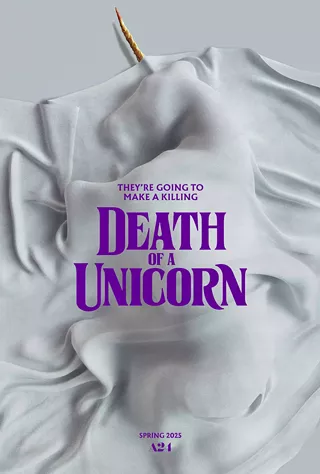The Class, though, builds the tension for about two hours: It just gets worse and worse. The nearest thing I can compare it to is the experience of watching Dick Cheney as he struggles with a column of intestinal gas after having his sphincter sewn up. I mention this, because I'm sitting in a room with Dick Cheney, and we've just had an enormous meal of baked beans, and he doesn't know this, but earlier today, while he was sleeping off some heroin, I sewed his sphincter shut.
But I guess that's beside the point. Anyway, The Class is, in many respects, an amazing and impressive work of art. French junior high school teacher François Bégaudeau wrote a novel covering one year of his French language and literature class. Then, in an unprecedented move, he and director Laurent Cantet turned it into a movie wherein Bégaudeau essentially plays himself.
The kids are the best part, and they're all nonactors. They're a bunch of high school kids playing high school kids, and that may not seem impressive, but in many respects, the hardest part for an untrained actor to play is himself or herself, and these kids come across as total naturals.
Cantet enhances this effect with some truly uncomfortable directing. Most of the scenes occur in the classroom, and the camera is handheld and tight on the faces. Meanwhile, as in a real classroom, lots of students are talking at once; 15-year-old bodies pumped with fresh hormones are yearning to express themselves and are finding it hard to do so in an unthreatening or unthreatened manner; and the camera forces your face into their business with such intensity that you'll want to raise your hand and take a nice, long bathroom break.
But you can't. You're trapped in teen hell, much more real than what you get on Gossip Girl or 90210. No one is shiny and perfect, and they don't have trust funds or romantic theme music that plays when they look longingly into each other's eyes.
Instead, everything feels like a fight about to happen. Ultimately, one does, sort of, and that only increases the horror, though in its wake, there's a little bit of relief. The tension arises in part because of the natural mood of a ninth-grade classroom, but also because of the particular mix of students in this school. While the faculty is almost exclusively white, the students are largely black and Arabic, and they clearly see themselves as different from the teachers who are trying to tell them that their way of speaking is less correct than the stuffy and formal sentence paradigms they're forced to memorize.
But it's not just the language. The textbook example sentences all say, "Bill went shopping," or, "George will be buying a coat," and the kids are all named Cherif and Dalla and Nassim. Their feeling of alienation is doubled, then, in that they say "hood" and not "neighborhood," and "dis" and not "insult" (or some rough French equivalents; the film is subtitled, pretty cleverly, into English), and they get corrected by a teacher who unconsciously excludes them from even the sample sentences he uses to correct them.
It's tremendously courageous of Bégaudeau to portray himself like this, especially because he actually shows himself losing his cool and verbally abusing some students before trying to cover it up. In fact, on courage and technique, I'd have to give this film extremely high marks. Cantet's anxiety-inducing camera and sound, and the constant feeling of trouble in the dialogue, marks this as a prime example of a kind of cinema that's been exemplified lately by Michael Haneke (Funny Games, The Piano Teacher). But where Haneke seems to be torturing his audience solely to torture his audience, Cantet and Bégaudeau are making an important point about the delicate balance of power in the classroom, the potential for abuse in pedagogy, and the way in which the role of teacher is easily infected by the attitudes of the students, reducing a learned leader into a taunting, childish name-caller.
Kudos to them. But unless you have a strong constitution, The Class may be a difficult film to watch. I can't say I enjoyed it, and I was glad to get out when it was over. So it's art, but it's the kind of art that hurts your feelings. If that's your scene, The Class will be your "Mona Lisa."
















